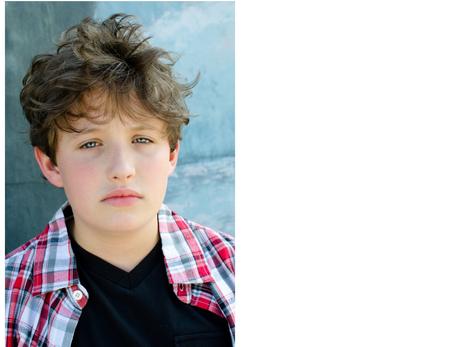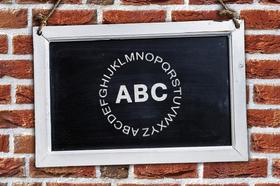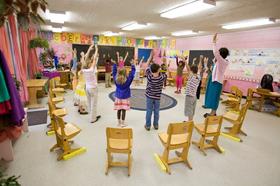Competitive employment markets mean that you must make the best possible impression at every step of the employment process. All it takes is a couple of common mistakes to quickly move your employment application to the bottom of the pile. You may think that yours is the only application for that math teacher position at Shady Grove Country Day School. Unfortunately, in these very tough economic times, your application will be one of the dozens of applications - perhaps hundreds - for that coveted teaching job. That's why it is so important to make sure that somebody reviews your application, and places it on the short stack of applications marked "Interview".
Put yourself in the place of the person who will be screening job applications. You understand how your students' minds work. Use the same approach here. Think about how an administrator determines who should get interviewed. She has advertised the position in all the usual places. Every business day she receives dozens of envelopes from applicants. Why should your application go on the stack of applications marked "Interview" instead of the one marked "reject"? Because when she scans your application, she sees most of what she is looking for. Remember: she's a very busy person. A lot is riding on her choosing the best candidate for the position which she has to fill.
Depending on how hands-on a person she is, she may delegate the initial scanning process to an assistant. Assistants can be very diligent and


























